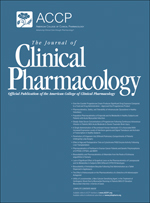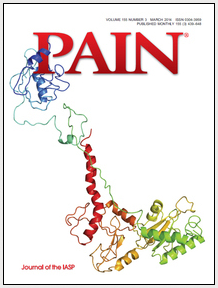
“Beta-caryophyllene (BCP) is a phytocannabinoid whose neuroprotective activity has been mainly associated with selective activation of cannabinoid-type-2 (CB2) receptors, inhibition of microglial activation and decrease of inflammation.
Here, we addressed the potential of BCP to induce neuritogenesis in PC12 cells, a model system for primary neuronal cells that express trkA receptors, respond to NGF and do not express CB2 receptors.
We demonstrated that BCP increases the survival and activates the NGF-specific receptor trkA in NGF-deprived PC12 cells, without increasing the expression of NGF itself. The neuritogenic effect of BCP in PC12 cells was abolished by k252a, an inhibitor of the NGF-specific receptor trkA. Accordingly, BCP did not induce neuritogenesis in SH-SY5Y neuroblastoma cells, a neuronal model that does not express trkA receptors and do not respond to NGF.
Additionally, we demonstrated that BCP increases the expression of axonal-plasticity-associated proteins (GAP-43, synapsin and synaptophysin) in PC12 cells. It is known that these proteins are up-regulated by NGF in neurons and neuron-like cells, such as PC12 cells.
Altogether, these findings suggest that BCP activates trka receptors and induces neuritogenesis by a mechanism independent of NGF or cannabinoid receptors. This is the first study to show such effects of BCP and their beneficial role in neurodegenerative processes should be further investigated.”
https://www.ncbi.nlm.nih.gov/pubmed/27871898
“β-caryophyllene (BCP) is a common constitute of the essential oils of numerous spice, food plants and major component in Cannabis.” http://www.ncbi.nlm.nih.gov/pubmed/23138934
“The oral intake of this dietary cannabinoid with vegetable food could be advantageous in the daily routine clinical practice over synthetic cannabinoid agonists.” http://www.europeanneuropsychopharmacology.com/article/S0924-977X(13)00302-7/fulltext









